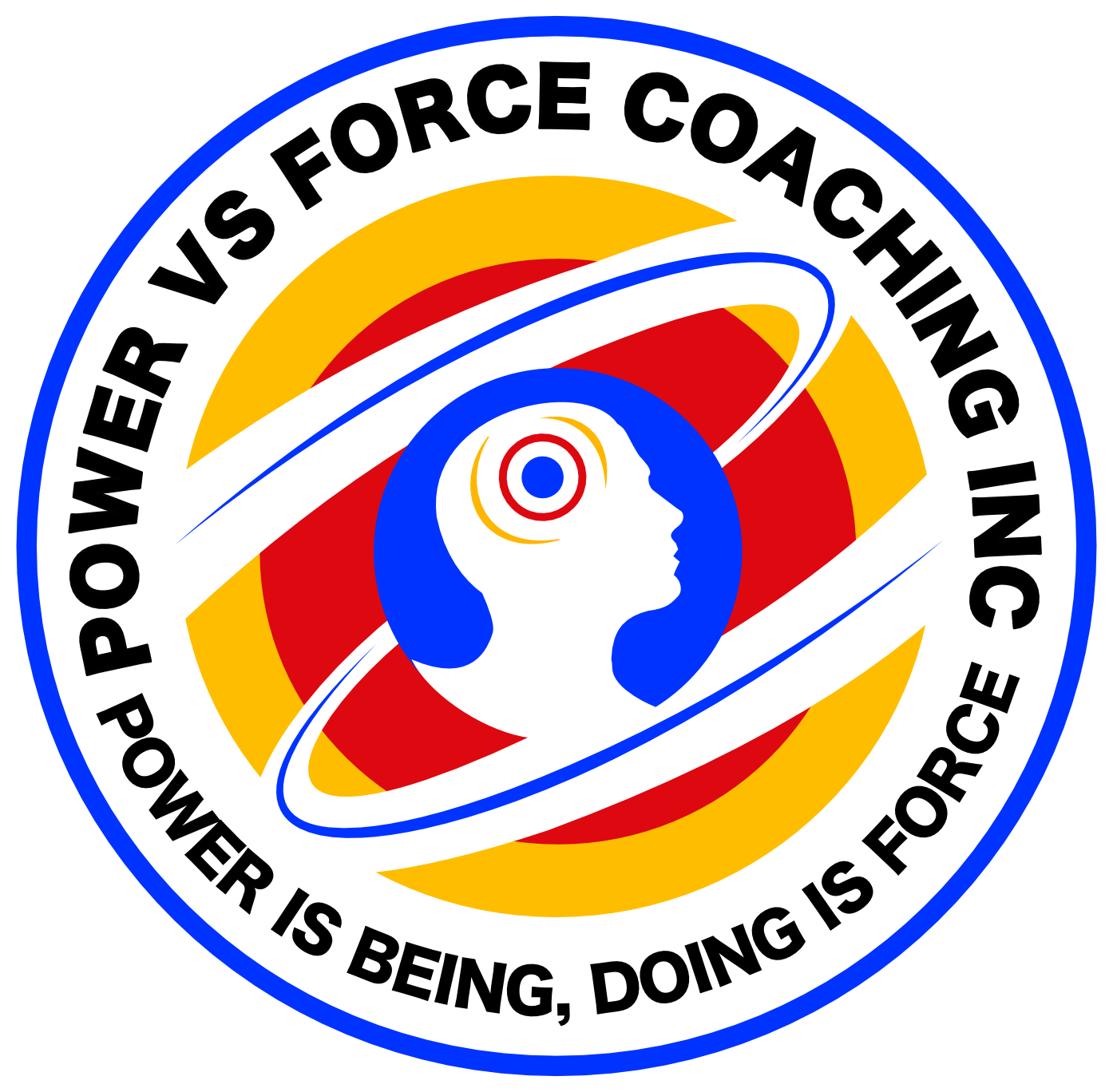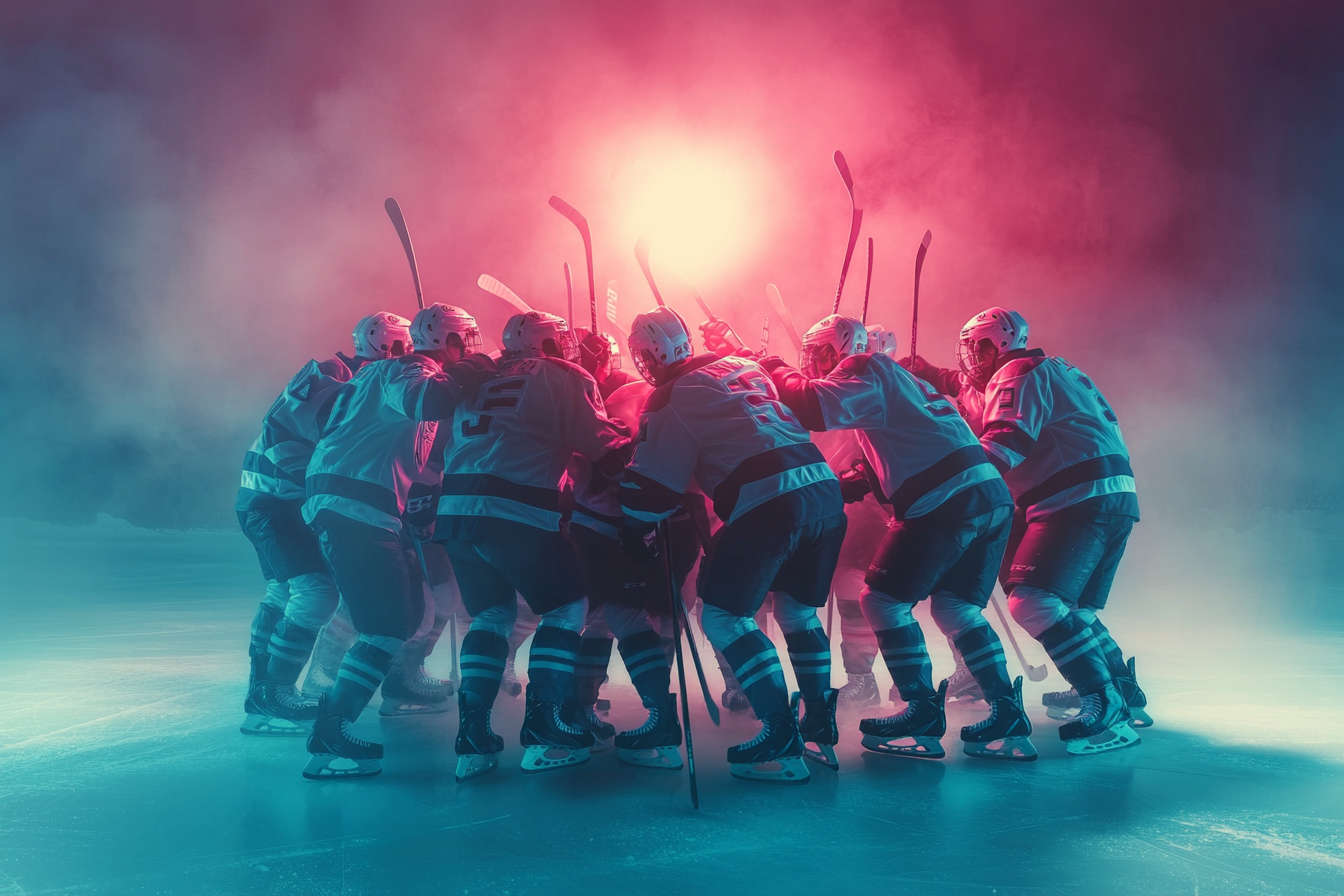How Mastery Orientation Can Enrich Your Hockey Journey Experience
From my point of view as a COR.E Performance Dynamics Specialist, (Mental Performance coach) embracing a mastery orientation perspective in goal setting offers several key benefits over a performance orientation, especially in the context of setting goals in hockey:
1. Focus on Personal Growth and Development
Mastery Orientation: Emphasizes personal improvement, skill development, and effort. Hockey players set goals that focus on learning new techniques, enhancing their skills, improving their mental and overall game, regardless of the outcomes.
Performance Orientation: Focuses on outperforming others and achieving specific external benchmarks, such as winning games or achieving certain statistics.
Benefit: Players with a mastery orientation are more likely to experience continuous growth, as they see every practice and game as an opportunity to gain experience and get more effective. This leads to long- term development and resilience.
“Motivation can win you a game, inspiration can win you a championship” -Walter Aguilar
2. Increased Inspiration and Enjoyment
Mastery Orientation: Players are motivated by the intrinsic (internal) satisfaction of learning, improving, and mastering new aspects of the game or themselves. Feelings of satisfaction and joy of playing the game are felt.
Performance Orientation: Motivation often hinges on external rewards, (achievements) or recognition (praise), which can fluctuate based on results.
Benefit: A mastery-oriented approach fosters a love for the game and sustained inspiration, as players derive joy from their progress and effort rather than just wins or accolades.
3. Better Stress Management
Mastery Orientation: Reduces pressure and anxiety because the focus is on self-improvement and effort, not solely on outcomes.
Performance Orientation: Can lead to increased stress and anxiety, as players may fear failure or underperformance, especially in high-stakes events.
Benefit: Players with a mastery orientation are better equipped to handle pressure, leading to more consistent performance and a healthier mental approach to competition.
4. Resilience and The Ability to Adapt
Mastery Orientation: Encourages a learning growth mindset, where adversity and setbacks are viewed as learning opportunities.
Performance Orientation: Errors are often seen as mistakes or failures, leading to a fear of taking risks and a potential decrease in confidence. This can lead to a player to play it safe and not fully display their potential in any given moment.
Benefit: Mastery-oriented players are more resilient, as they are not discouraged by adversity or setbacks but rather use them as fuel to improve and bounce back. This adaptability is important in the dynamic and performance focused nature of hockey.
5. Long-Term Success and Fulfillment
Mastery Orientation: Encourages a long-term viewpoint whereby personal bests and ongoing development redefine the meaning of success.
Performance Orientation: Success is often measured by short-term results, which may not always align with long-term personal or hockey development.
Benefit: Players who adopt a mastery orientation are more likely to achieve long-term success and find deeper fulfillment in their hockey journey, as they build a solid foundation of skills and mental toughness that lasts beyond any single game or season. They will be better equipped to manage their life beyond hockey.
6. Improved Team Relationships
Mastery Orientation: Promotes a team where players help one another to improve and work together effectively towards a common goal.
Performance Orientation: Can lead to competition and comparison among teammates, potentially causing friction.
Benefit: A mastery-oriented team fosters a positive, supportive culture, where players uplift each other, leading to effective teamwork and collective success.
By adopting a mastery orientation perspective in goal setting, hockey players can increase the possibility of unlocking their full potential, not just in terms of performance, but also in their overall development as players and individuals. This approach aligns with the principles of COR.E Performance Dynamics, where the emphasis is on maximizing potential by reducing stress reactions from internal thoughts and emotional interference. The focus becomes on consistent, intentional personal and hockey growth.





